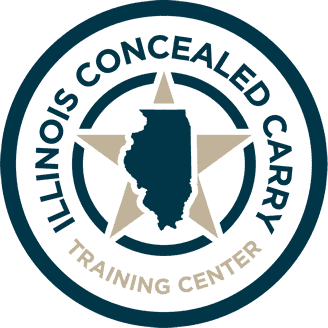“By now you’ve seen it a thousand times. On Twitter, in print, and on the air, Democratic politicians and progressive activists try to name and shame conservatives — especially conservative politicians — who offer “thoughts and prayers” in the aftermath of a mass shooting.
“Your job isn’t to pray,” they argue. “Your job is to legislate. Your job is to fix the problem.” I hate to pick on Kirsten Powers — because she’s brave and right on many vital issues and also a thoughtful and kind person even when she’s wrong — but she wrote a piece in the Washington Post that’s almost the perfect representation of the mindset. Calling out her Christian brothers and sisters specifically, she says, “There’s something deeply hypocritical about praying for a problem you are unwilling to resolve.” She continues:
For those of us who identify as Christians, it’s particularly painful to watch elected officials use their Christian faith to attempt to spiritualize mass murder, while their inaction leads to people traumatized, maimed, disabled or dead. Mass shootings are not acts of God. They are not natural disasters. We know they are preventable, because no other country lives with this kind of madness.
But what, pray tell, is the “action” that will end mass shootings? Here Powers comes up empty. She refers to other countries, but the only concrete proposals she offers (“requiring criminal background checks at gun shows and on Internet sales”) not only would not have stopped the Las Vegas shooting — as she admits — they’re also misleading.
As has been explained a million times, the so-called gun-show loophole applies only to private sales between citizens of the same state, not to all gun-show sales or to all Internet sales. If you buy a gun from a licensed dealer, the dealer is required by law to make sure that you’re legally eligible to buy that gun, no matter where you buy it.
Powers isn’t the only gun-control advocate to come up empty on the vital question of how to end mass shootings.
During his presidential campaign, Senator Marco Rubio made waves when he declared, “None of the major shootings that have occurred in this country over the last few months or years that have outraged us — would gun laws have prevented them.” After an outcry, the Washington Post fact-checked his claim, and — lo and behold — determined that he was right.
It analyzed each recent mass shooting and found that shooters either gained their weapons legally (under laws that would not change) or defied existing laws. It’s conclusion:
“This is certainly a depressing chronicle of death and tragedy. But Rubio’s statement stands up to scrutiny — at least for the recent past, as he framed it. Notably, three of the mass shootings took place in California, which already has strong gun laws including a ban on certain weapons and high-capacity magazines.
More recently, writer and statistician Leah Libresco reached a similar conclusion. Also writing in the Washington Post (kudos to the Post, by the way, for publishing thoughtful, divergent views), she took a look at gun control more broadly and concluded that modern proposals did nothing for the people who actually suffer from the vast majority of gun violence — people who commit suicide, victims of “regular” street crime, and women killed in domestic-violence incidents. She began her work on gun control broadly supportive of “popular” reforms. She ended in a different place:
“By the time we published our project, I didn’t believe in many of the interventions I’d heard politicians tout. I was still anti-gun, at least from the point of view of most gun owners, and I don’t want a gun in my home, as I think the risk outweighs the benefits. But I can’t endorse policies whose only selling point is that gun owners hate them. Policies that often seem as if they were drafted by people who have encountered guns only as a figure in a briefing book or an image on the news.”
